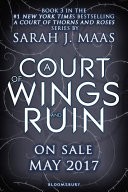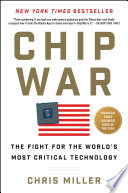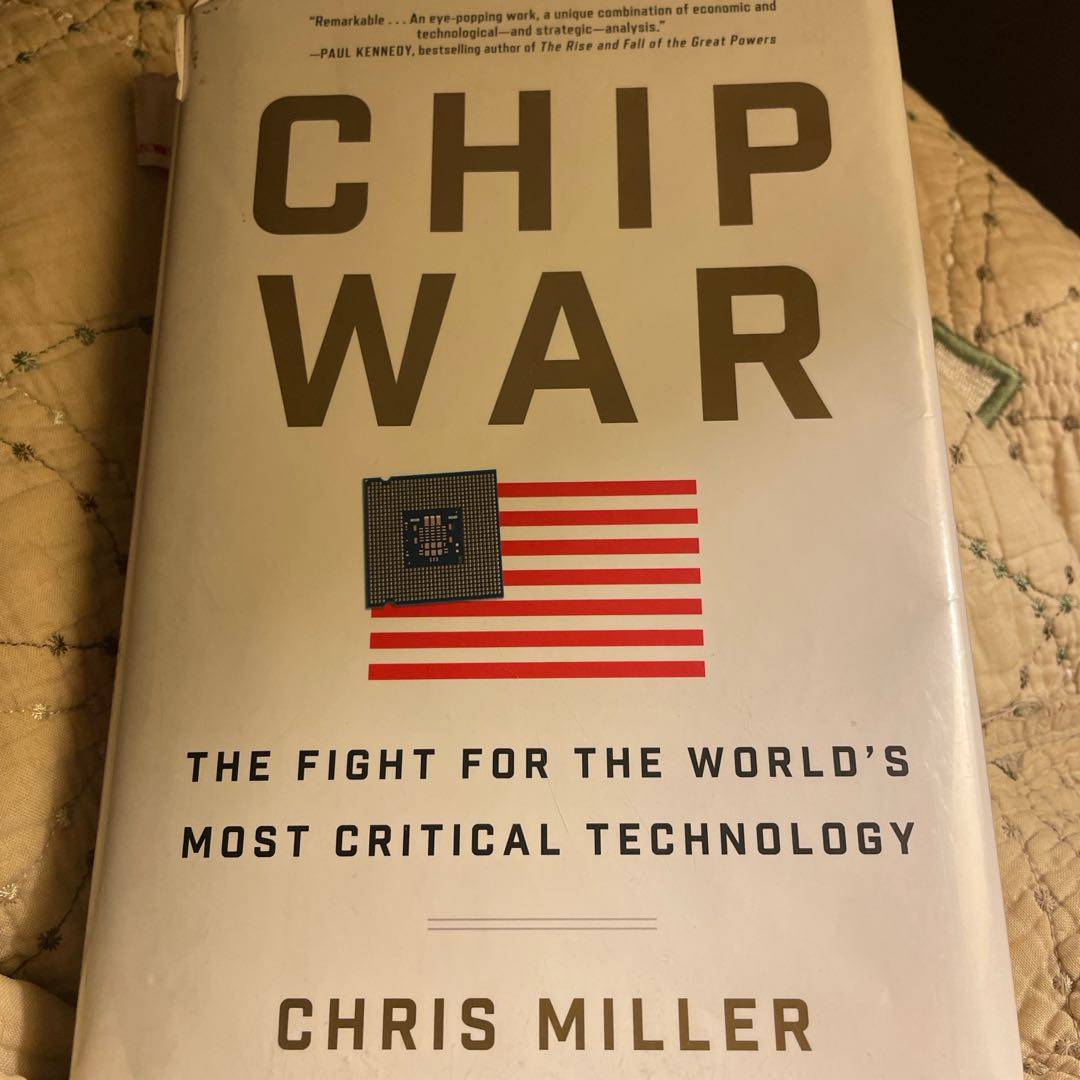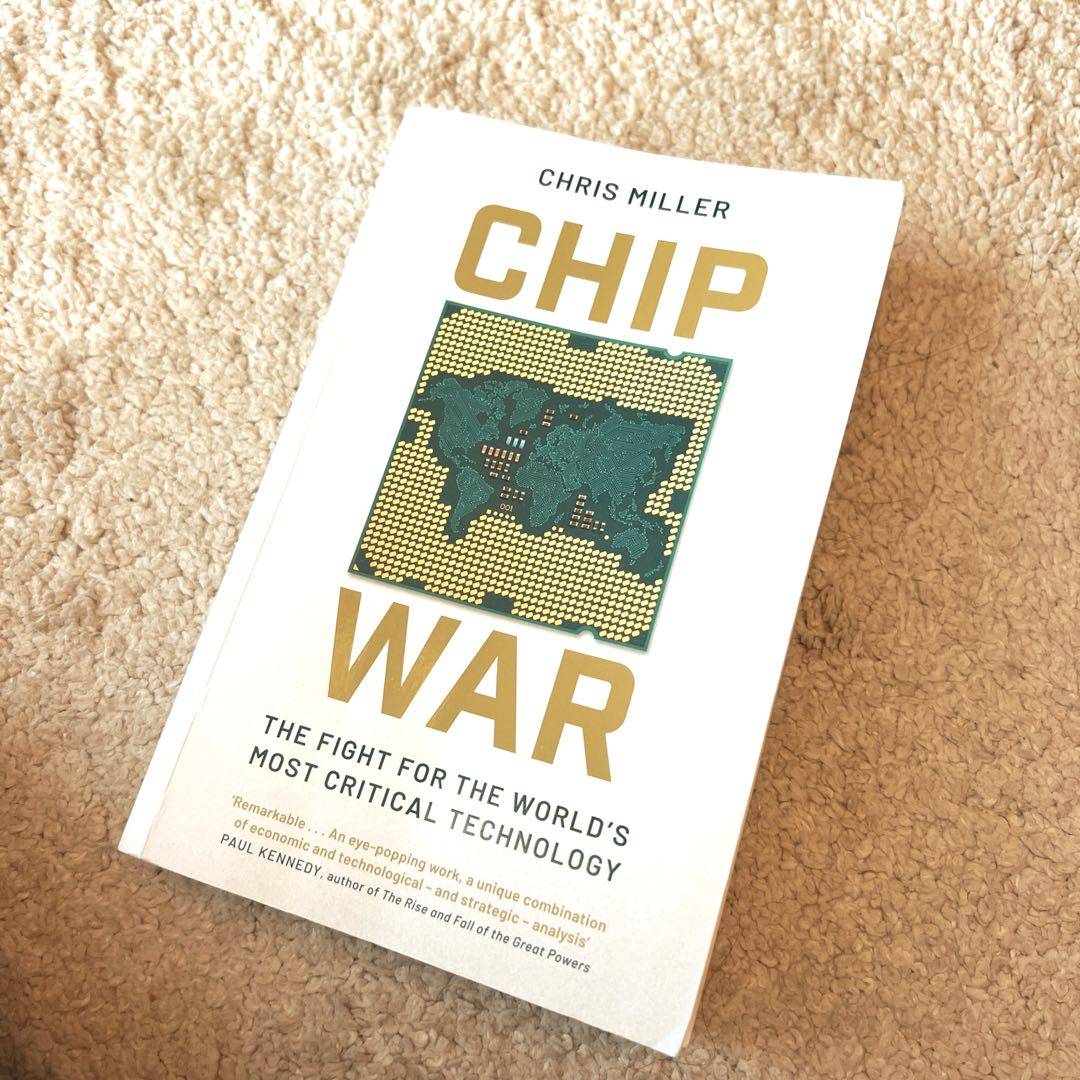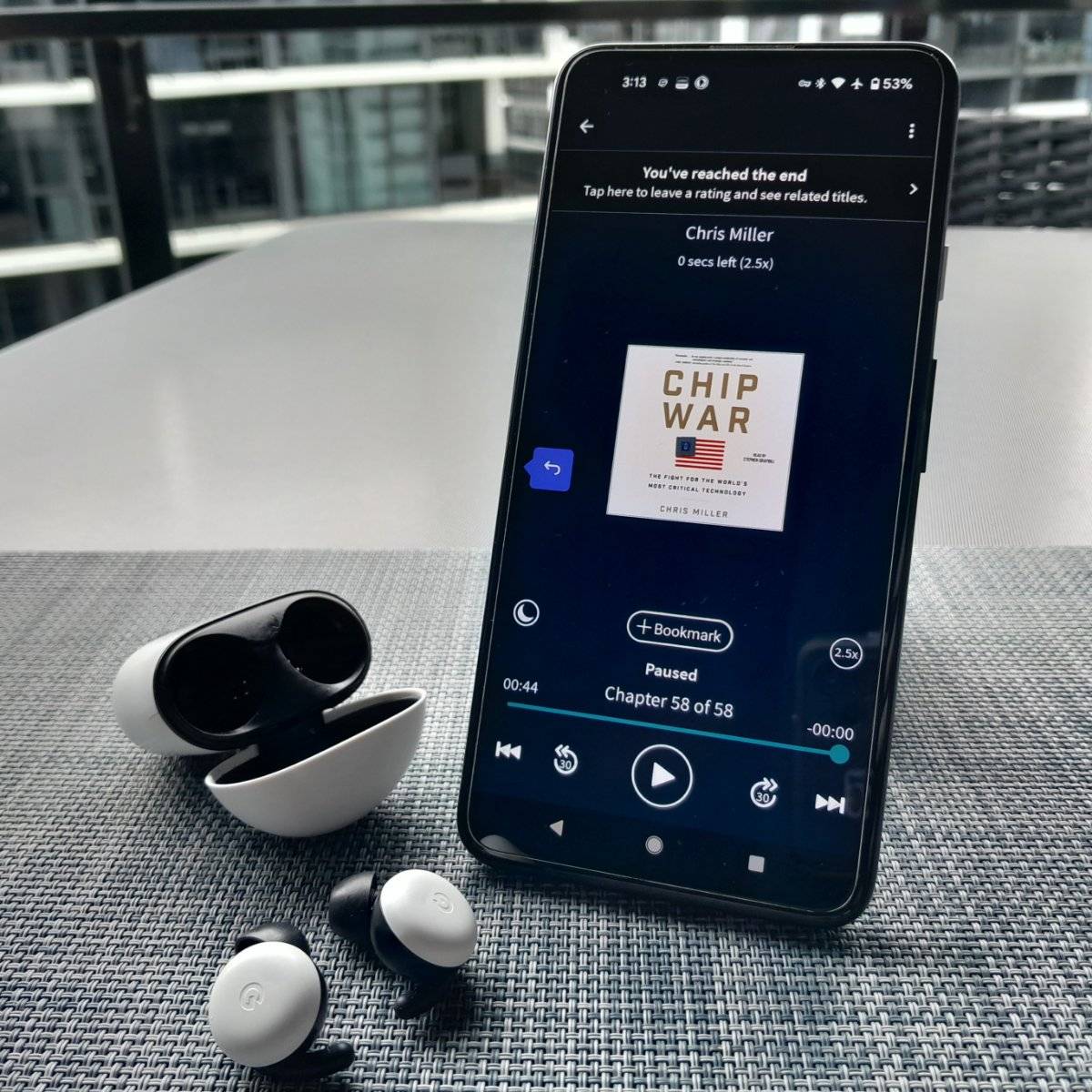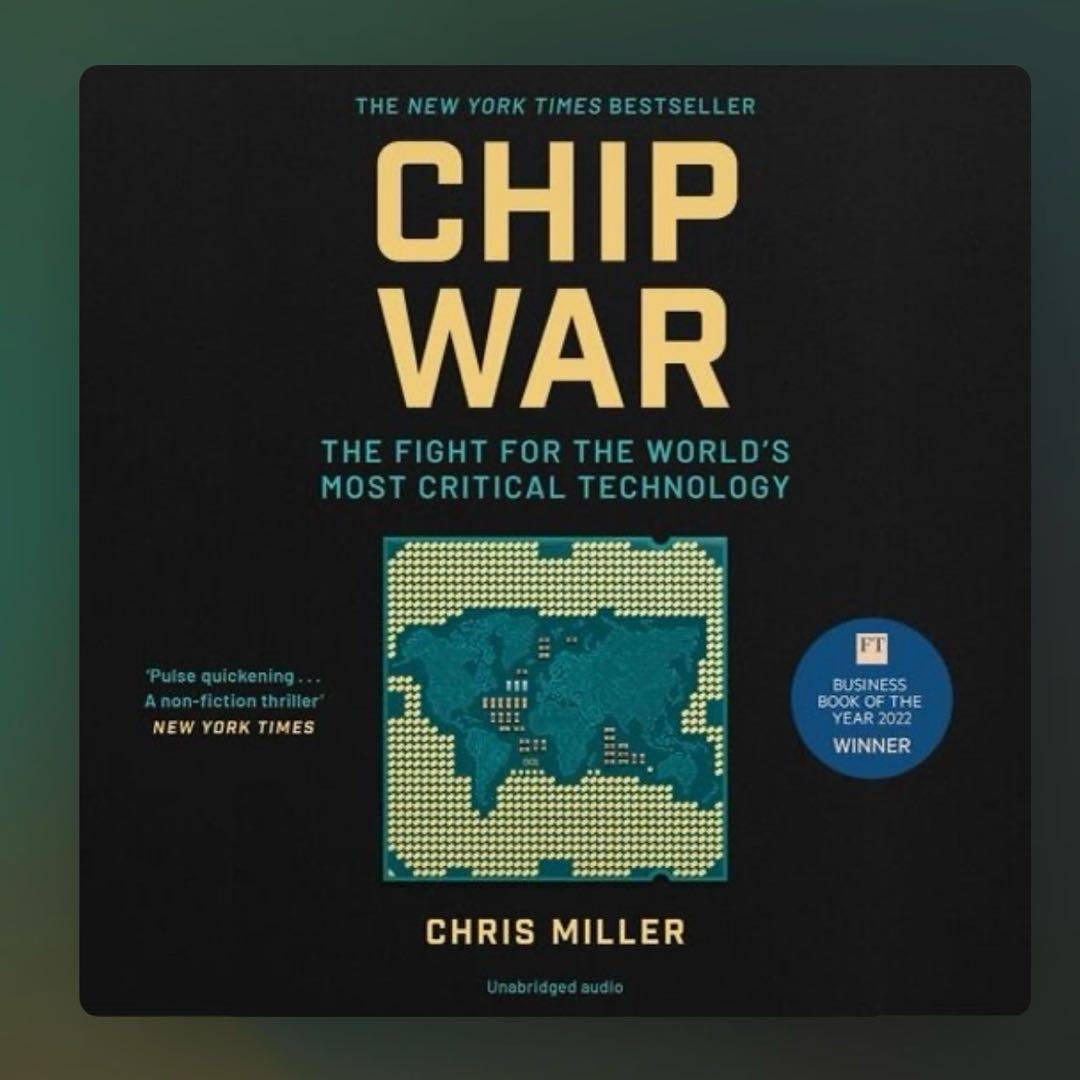
The blurb made me think I was the target audience for this book but I‘m really not. I was interested by the geopolitical and global economic influence of chip technology, and although this was a thread which ran through the book, for much of the book this is bogged down in highly detailed discussion of the mechanics of chip technology. I was not smart enough to penetrate this and I got bored. On reflection I should have quit while I was ahead.










